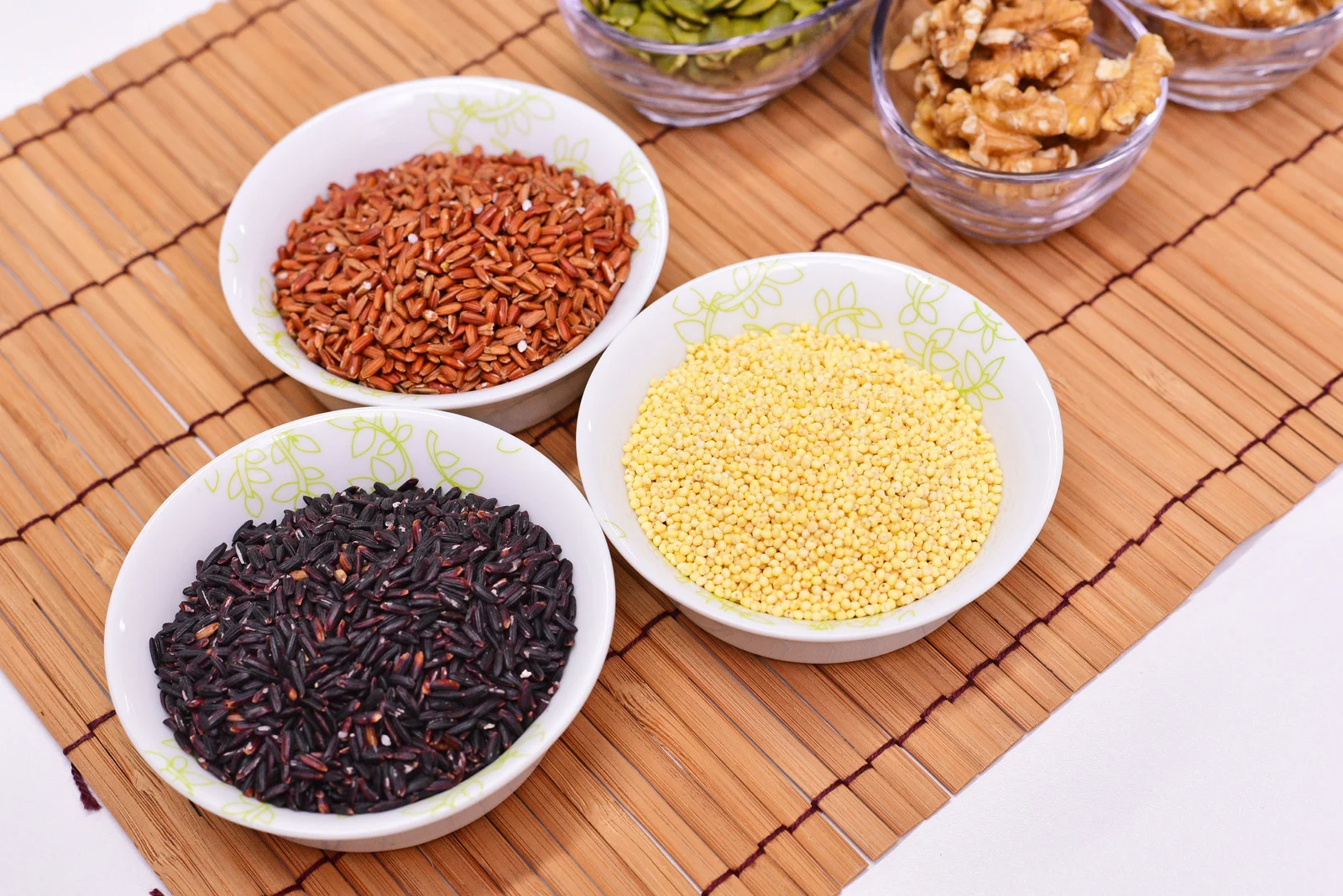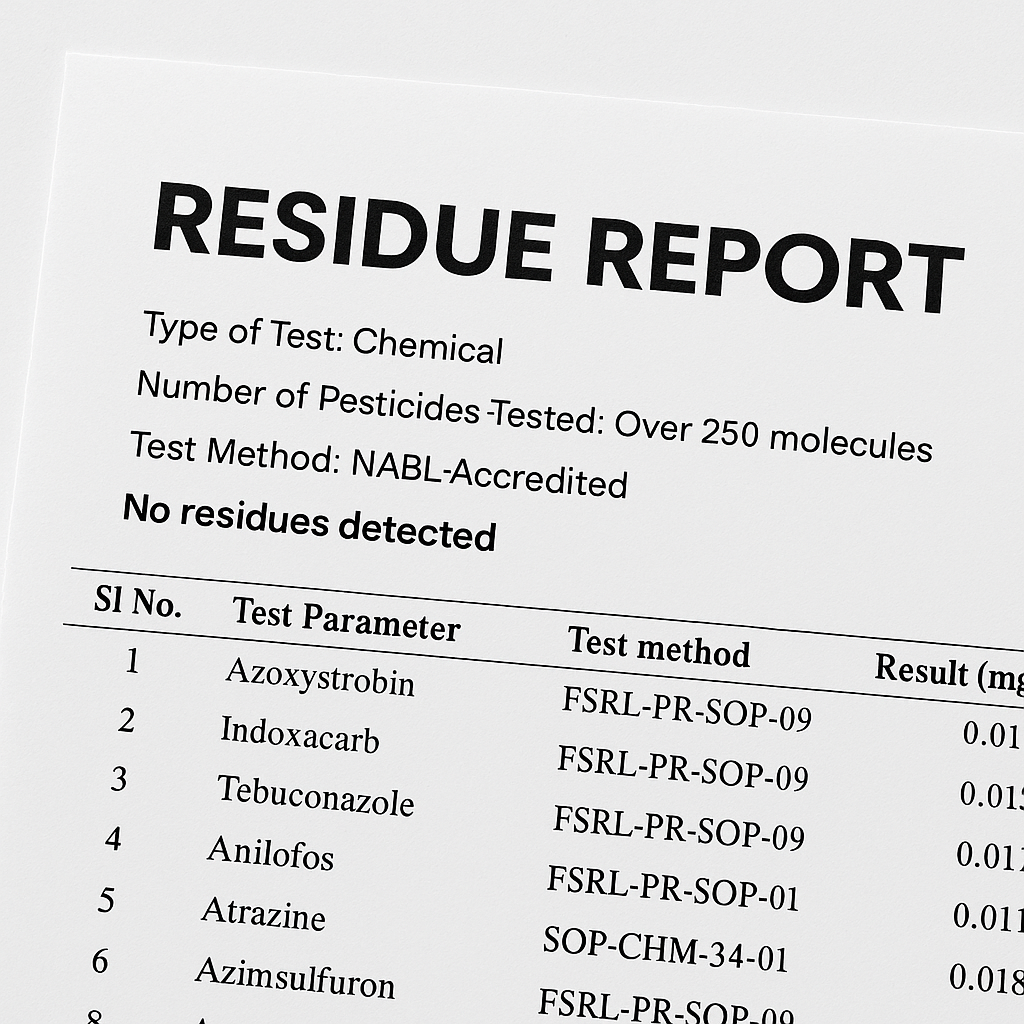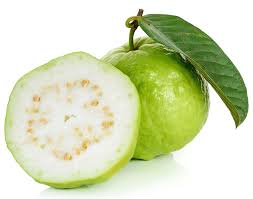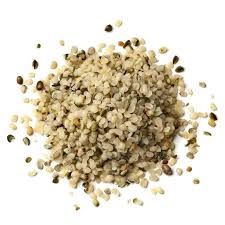.jpg)

Millet Vs Wheat: 5 Reasons Why I Switched To Millet From Wheat
Introduction
In the world of grains, we have two heavyweights: millet and wheat. Wheat has been a long-standing favourite to craft beloved staples like bread and pasta. However, there's a new organic product in town, and it's gaining quite a reputation –“Siridhanya millet.”
These ancient grains are staging a remarkable comeback in contemporary diets filled with numerous benefits. Increasingly, people like myself are making the switch from wheat to millet.
Personal experience of switching from wheat to millet
I was amazed by the health advantages of organic food (millet). Having diabetes, I was particularly concerned about controlling my blood sugar levels. I found Ragi, which reduces glycemic index, aids in blood sugar regulation. Among all the cereals and millets, ragi has the highest levels of calcium and potassium, which are vital for healthy bones and blood pressure control. Its dietary fibre promotes satiety and facilitates digestion. Because of its incredible prowess and numerous health benefits i switched to ragi millet from wheat.
Purpose of highlighting the reasons to make the switch
There are many reasons to make a switch toward millet. It is a good source of protein, fiber, vitamins, and minerals, giving various health advantages. Different types of millet offer other health benefits.
Apart from health advantages, it supports sustainable agriculture and explores the rich tapestry of global cuisine. A modest alteration can benefit our daily lives and help change the world toward positivity.
Health Benefits of Millet
The health benefits of incorporating millet into your diet are genuinely remarkable. Millet packs a powerful punch when it comes to improving your well-being.
Millet includes fiber, which promotes digestive health and aids in regulating bowel movements.
It protects from cardiovascular disease by reducing unhealthy cholesterol levels by 8% and increasing whole grains and unsaturated fats in the diet.
Millets for diabetes are ideal; they help reduce type 2 diabetes by managing blood sugar levels.
Furthermore, millet reduced blood pressure by 5% via lowering diastolic blood pressure.
With their exceptional fiber content, millets improve digestive health and gastrointestinal problems like constipation, excess gas, bloating, and cramping.
https://www.organicfacts.net/health-benefits/cereal/health-benefits-of-millet.html
It Helps to optimize kidney, liver, and immune system health.
It contains high protein and fiber that help millets for weight loss.
Why I switched to millet from wheat
My reasons for switching from wheat to millet boil down to two key points. First, I want to emphasize the numerous health benefits that boost our well-being. Second, I aim to serve as an inspiration, sparking the desire for change in others.
Millets support eco-friendly farming, which has a positive impact on the environment. Through sharing my journey and motivations, I hope to assist individuals in making informed dietary choices. This transition isn't just about what we eat; it's a step toward creating a better world for everyone.
Final Thought On I switched to millet from wheat
My journey from wheat to millet highlighted the astounding changes and introduced me to the world of sustainable and healthful dietary choices.
Millets positively impact my overall well-being by helping with weight management and blood sugar control and providing essential nutrients; choosing millets also supports environmentally friendly farming practices.
In unity, we can take these small but purposeful steps toward a healthier and more sustainable future. Adopt the convenience of purchasing organic millet online - Consider making the switch – your body and our planet will be grateful for it!


















